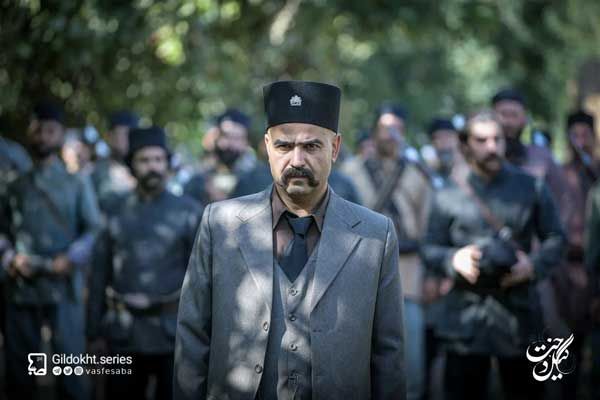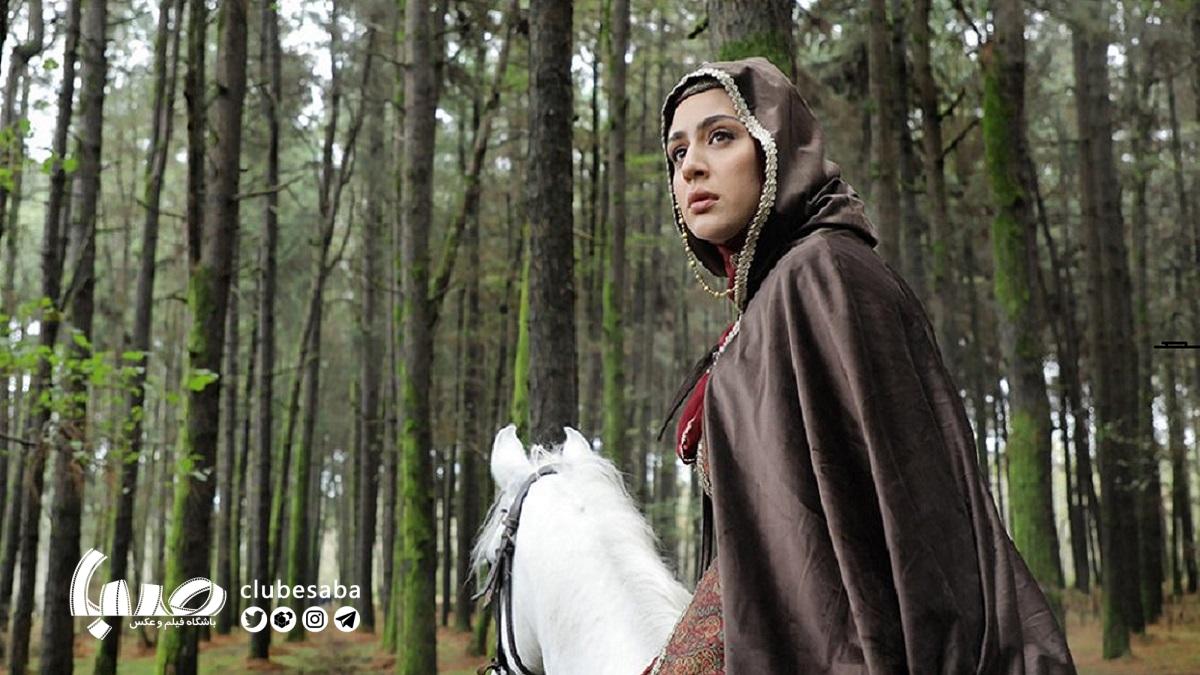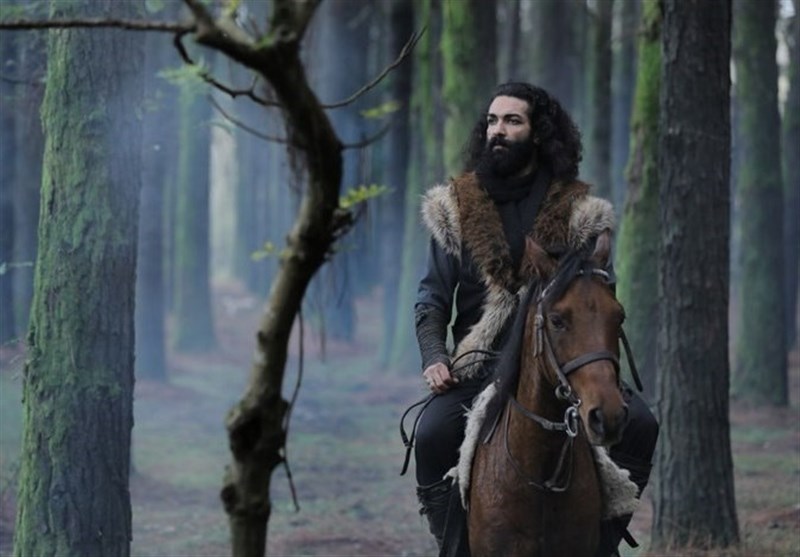
We were engaged in pre-production for 8 months
According to Saba News, the TV series "Gildaht" played the role of media ceasefire in a highly charged political and social atmosphere. In its short time on air, this series captivated both regular and occasional television viewers with an Iranian
story. Viewers, tired of media attacks, could now spend an hour on Fridays and Saturdays watching an engaging Iranian story from the eventful era of Qajar, simply by turning on their televisions. However, unlike other series depicting this historical period, "Gildaht" did not focus on the political discussions of rulers and the diplomatic relations of policymakers of that era. Instead, it delved into the depths of history and brought its camera into the heart of life, following a story that continued throughout the ages—the story of life flavored with love and friendship.
The television series "Gildaht" stood at the top of the most-watched television series based on online statistics, with a high satisfaction rate of 86.3% among pure "Gildaht" viewers. The series was produced in 60 episodes by the Film and Television Department of the Foreign Affairs Division of the Islamic Republic of Iran Broadcasting (IRIB), with Mohammad Reza Shafiei as the producer, Majid Esmaeili as the director, and Majid Asadegan as the writer. It has been airing on IRIB Channel One and IRIB iFilm since November 2022 on Fridays and Saturdays.
Saba News had an interview with the director of this series, Majid Esmaeili. Read on to learn about his background in the field of directing.
"I made my first feature film in 2009, and since then I have directed about 10 more feature films. Among them, 'Gomiji' and 'Kamidourtar' received a great deal of audience popularity."

The film "Kamidourtar" was a very rhythmic and full of new meanings, which I am very interested in discussing separately at another opportunity. So, is "Gildaht" your first experience in TV series production?
Yes, previously I worked on feature films and 90-minute films.
How do you evaluate the similarities in style and visuals between the TV series "Gildaht" and other similar series such as "Jiran" and "Khatoun"?
Certainly, when telling a story in a shared historical era like the Qajar and the First Pahlavi period, common visual elements of Iranian history and life are noticeable in these works. However, I believe that the narration and storytelling are quite different. I have always thought about making my own film, and since I didn't have time to watch the series you mentioned, I cannot make a judgment about it.
How long did the pre-production of this project take?
We started working in December 2019, and we spent about 8 months in pre-production. The production and filming of the series took around 14 more months. So, the overall duration for creating the work was about 22 months.
What was the greatest difficulty that the production of "Gildaht" had to endure?
When the filming of a long project extends, especially when producing a historical work with specific sets and locations, and considering various weather conditions that we encountered during the extended filming period such as extremely hot days, cold days, or rainy days, all of these challenges made the production process difficult for us. However, overall, due to the careful selection of the cast and professional technical crew, the difficulties were minimized. Everyone involved in the project stood responsibly and steadfastly throughout the process, and their dedication made the work much easier. We became a large and cohesive family during this extended time. In "Gildaht," the team worked together with sincerity and unity, like a family.

How did the selection of the cast for the series happen?
Among experienced theater friends, we held auditions and spent a long time testing these friends. Eventually, we reached this arrangement and color scheme that you see.
How was the selection of Soraya Ghasemi, and their acceptance to be a part of this project?
Soraya Ghasemi holds the position of a mother and mentor for me. Based on our successful collaboration in the previous film "Kamidourtar," I invited her to join the project, and fortunately, she accepted and brought her artistic presence to our work. During our collaboration, she had a disciplined and precise approach, maintaining the scripted dialogues and being fully prepared on set. Of course, other experienced actors in this series also came to the set with the same readiness. Working with this professional and ethical group was a memorable and valuable experience for me. I learned ethics from Master Mahmoud Paknit, and Ramtin Khodapanahi and Saeed Changizian, who were my first collaborators with these artists in "Gildaht," became like brothers to me by the end of the project. There's no space to mention all the friends, both established actors and newcomers, but all my friends in this series worked dedicatedly and harmoniously.
- Hits: 170